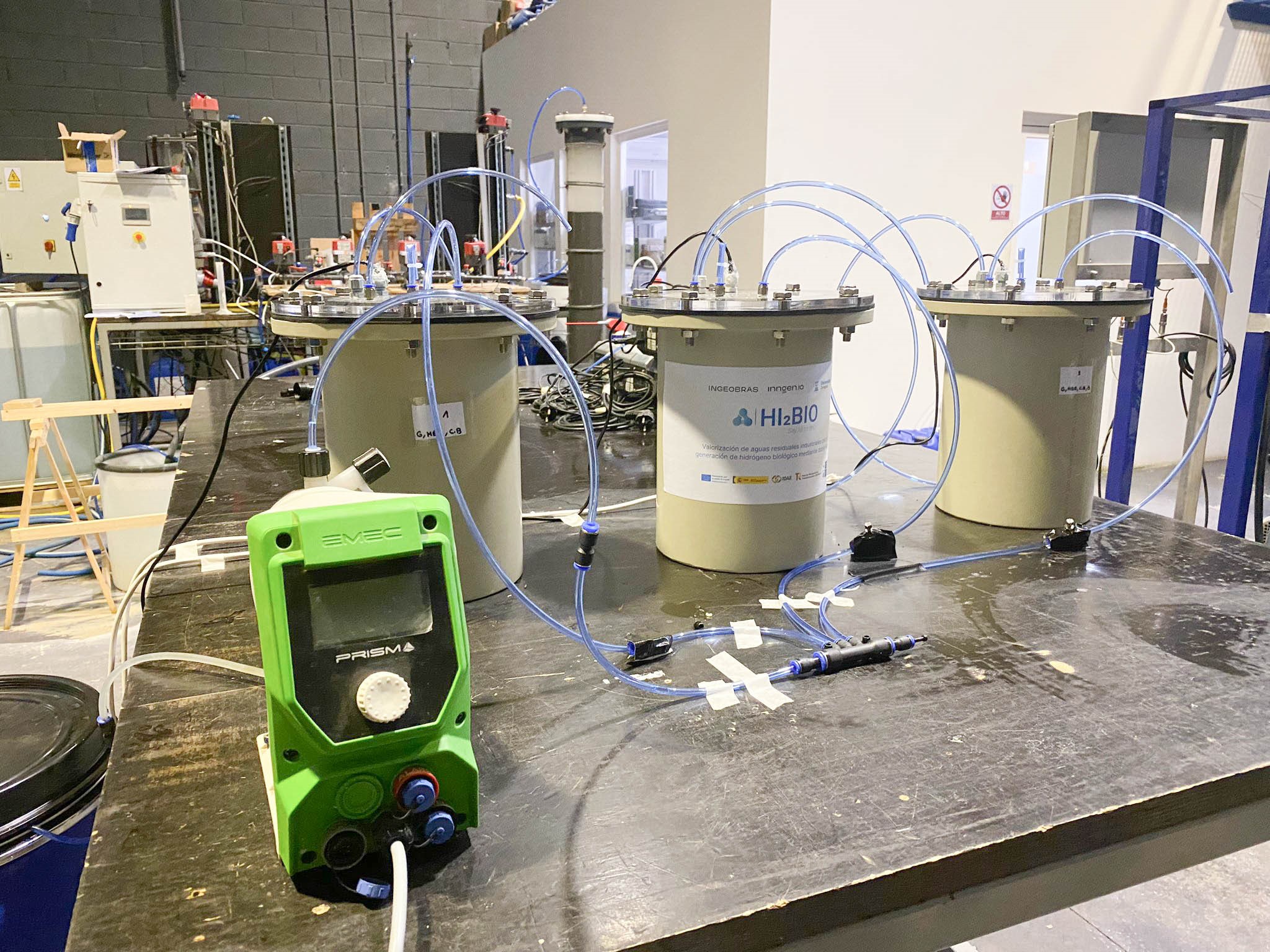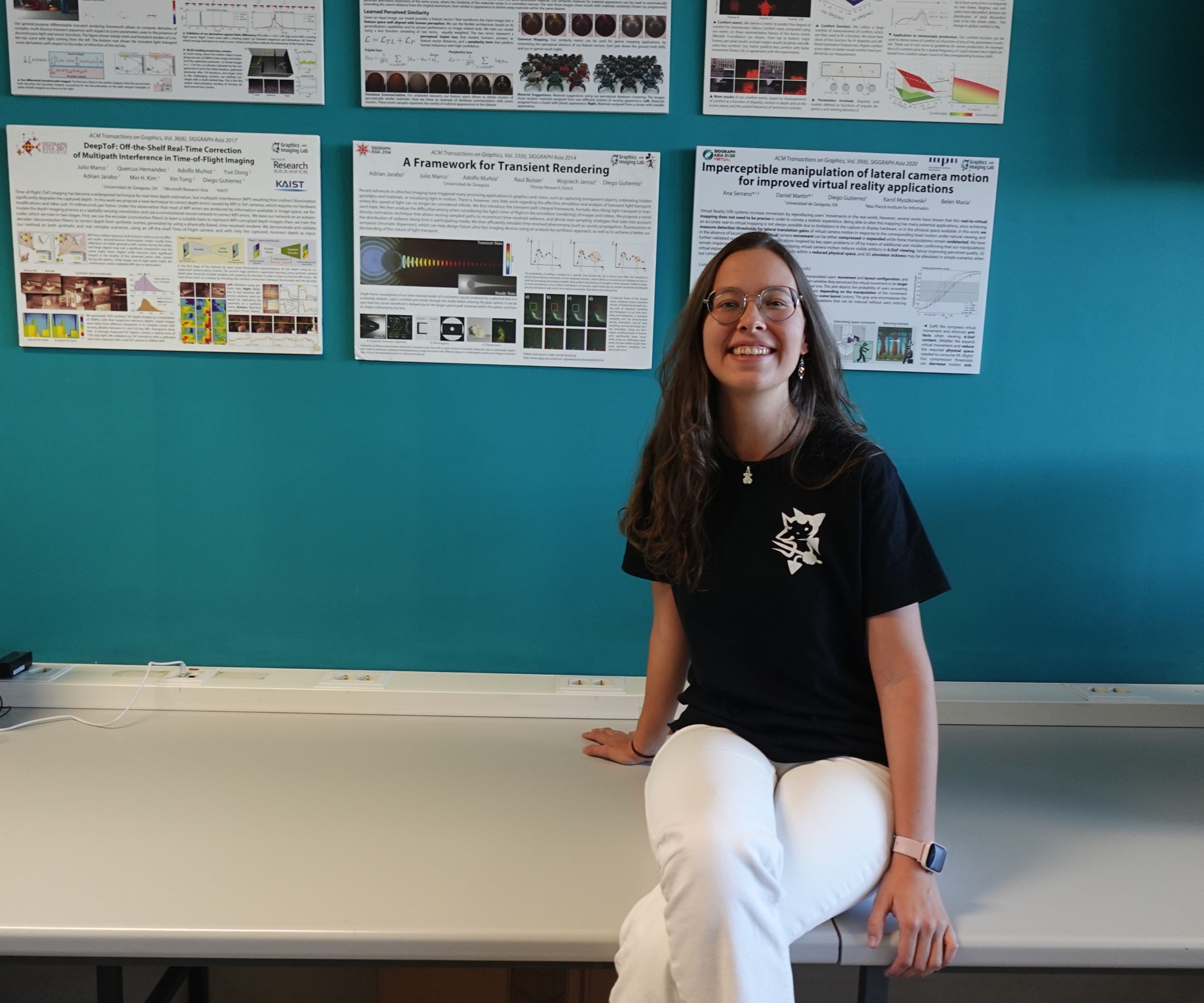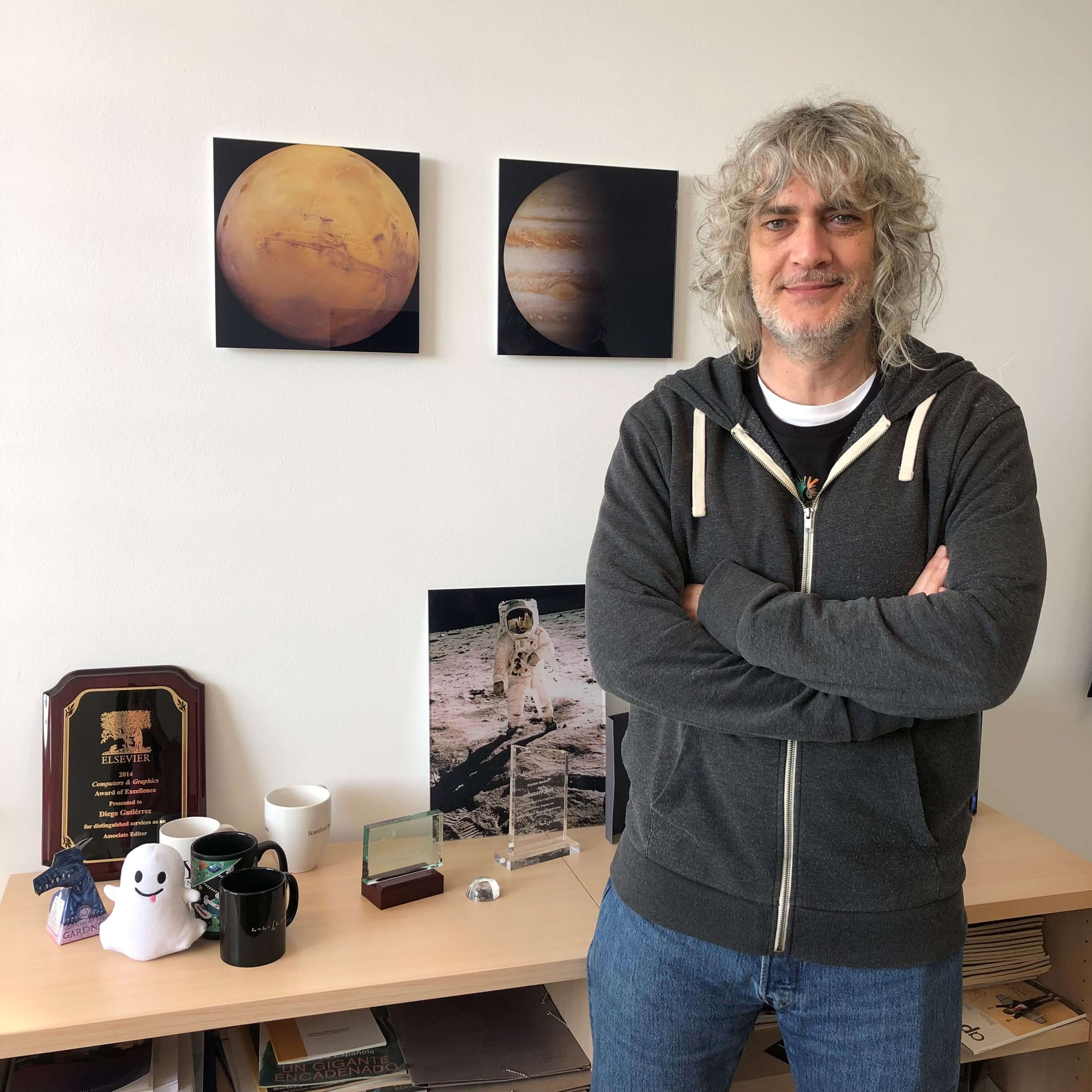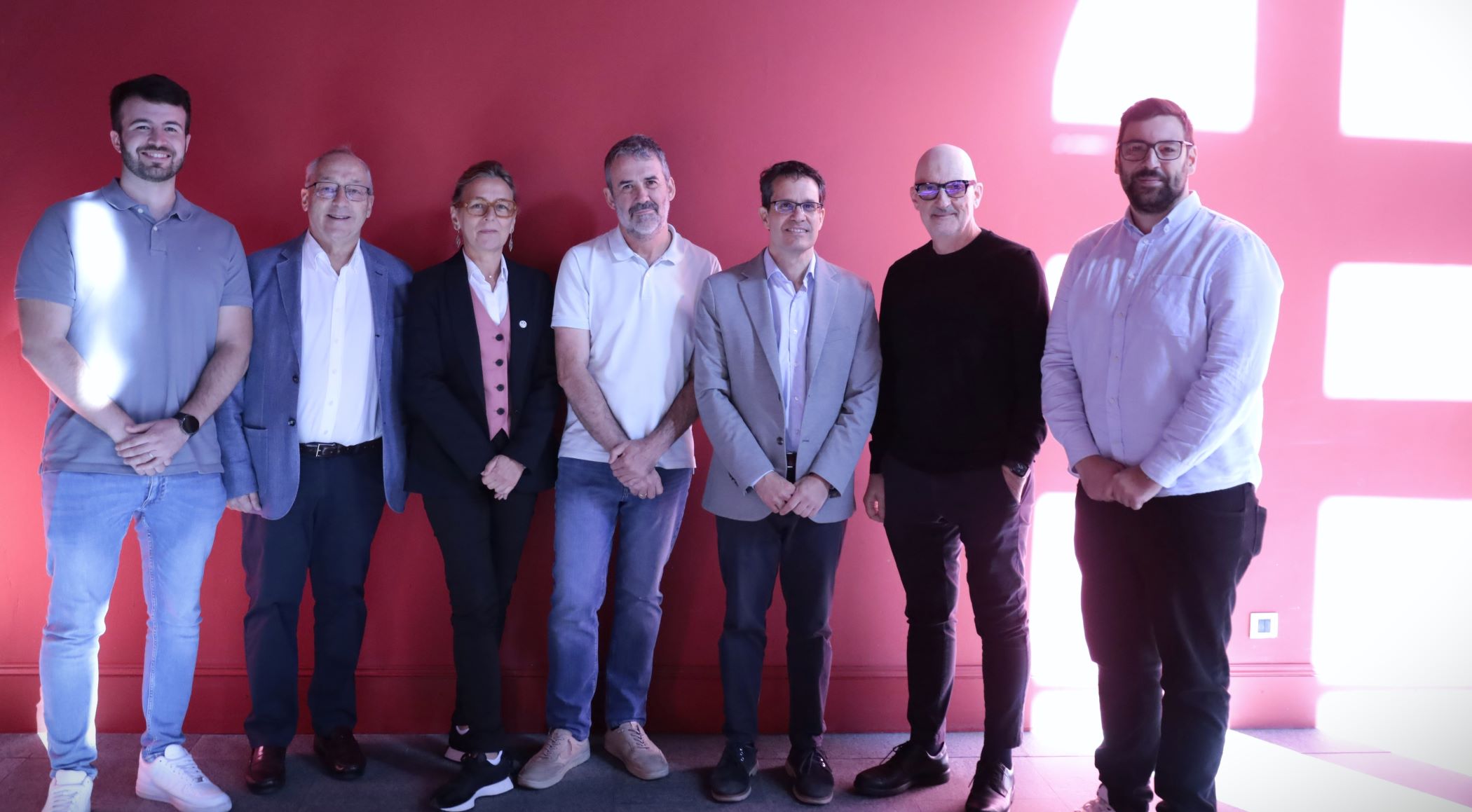
Researchers from the University of Zaragoza belonging to the Instituto Agroalimentario de Aragón (IA2, a mixed Unizar-CITA centre in Aragon) and the Instituto de Investigación en Ingeniería de Aragón (I3A) are collaborating with the company Ingeniería de Obras Zaragoza S.L. in the project "Hi2BIO: Valorisation of industrial waste water for the generation of biological hydrogen by means of a double stage", whose objective is the production of biological hydrogen in a sustainable way.
Moreover, it is one of the projects that form part of the Plan for the Recovery, Transformation and Economic Resilience of critical sectors for the future, the Hydrogen PERTE.
Hydrogen, with great potential to play a key role in the transition towards a cleaner and more sustainable economy, nevertheless faces significant challenges such as production efficiency and costs or the emissions associated with certain production methods. This is where Hi2BIO comes into play, a project that seeks to respond to these challenges by establishing a sustainable way of producing green hydrogen from industrial wastewater.
Description of the Hi2BIO project
Hi2BIO continues the work started in BIOH2, a previous project that demonstrated the technology's capacity to produce biological hydrogen from wastewater. It also integrates various biological processes to achieve efficiency in this green hydrogen generation and thus increase its production. Its main objectives focus on studying dark fermentation - which does not require the use of light - and serial photofermentation - which does require the use of light. It also seeks to evaluate different bacterial inoculums for dark fermentation and select the most efficient one.
Once this phase has been completed, which will be carried out by researchers from the University of Zaragoza, a prototype will be designed and built for testing in simulated environments to evaluate the behaviour of the technologies working in series and to analyse their effects. Finally, various gas treatment alternatives will be analysed to obtain 95% hydrogen purity.
The ultimate goal is for Hi2BIO to represent a significant advance in research into sustainable technologies for the generation of biological hydrogen by combining processes. According to University of Zaragoza researchers Laura Grasa (Department of Pharmacology, Physiology and Legal and Forensic Medicine; IA2) and Jesús Salafranca (Department of Analytical Chemistry; I3A), this project represents "a crucial technical milestone in the research of sustainable technologies for hydrogen generation and provides innovative solutions for wastewater management".
Patricia Ugarte, head of R&D at Inngen.io, points out that they hope to "deepen the production of biological hydrogen from wastewater and understand the behaviour and adjustment of all its variables from the source, including the bacteriological composition of the bed".
This project, according to Joaquín Murría, CEO of Ingeniería de Obras Zaragoza, "will allow us to make a qualitative leap and optimise the technology, transforming a problem such as wastewater management into a valuable resource, the net production of this energy vector".
About Hi2BIO and the Hydrogen PERTE
Hi2BIO has been recognised as a strategic project within the framework of the Recovery, Transformation and Economic Resilience Plan (PERTE) for critical sectors for the future. Funding comes from the European Union through NextGenerationEU, as well as from the Ministry for Ecological Transition and the Institute for Energy Diversification and Saving (IDAE).
These projects play a key role in fostering collaboration between the public and private sector, making a significant contribution to the transformation of the national economy. Hi2BIO will run for a period of three years, from July 2023 to July 2026.



